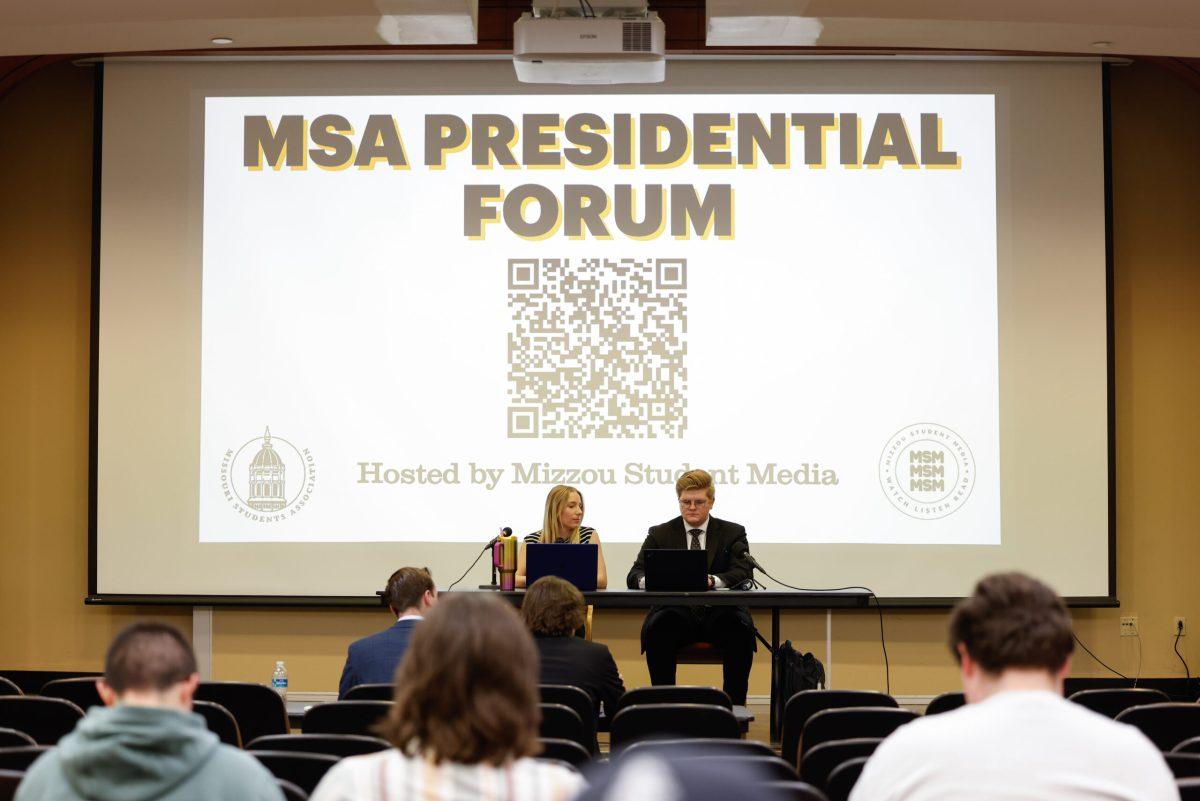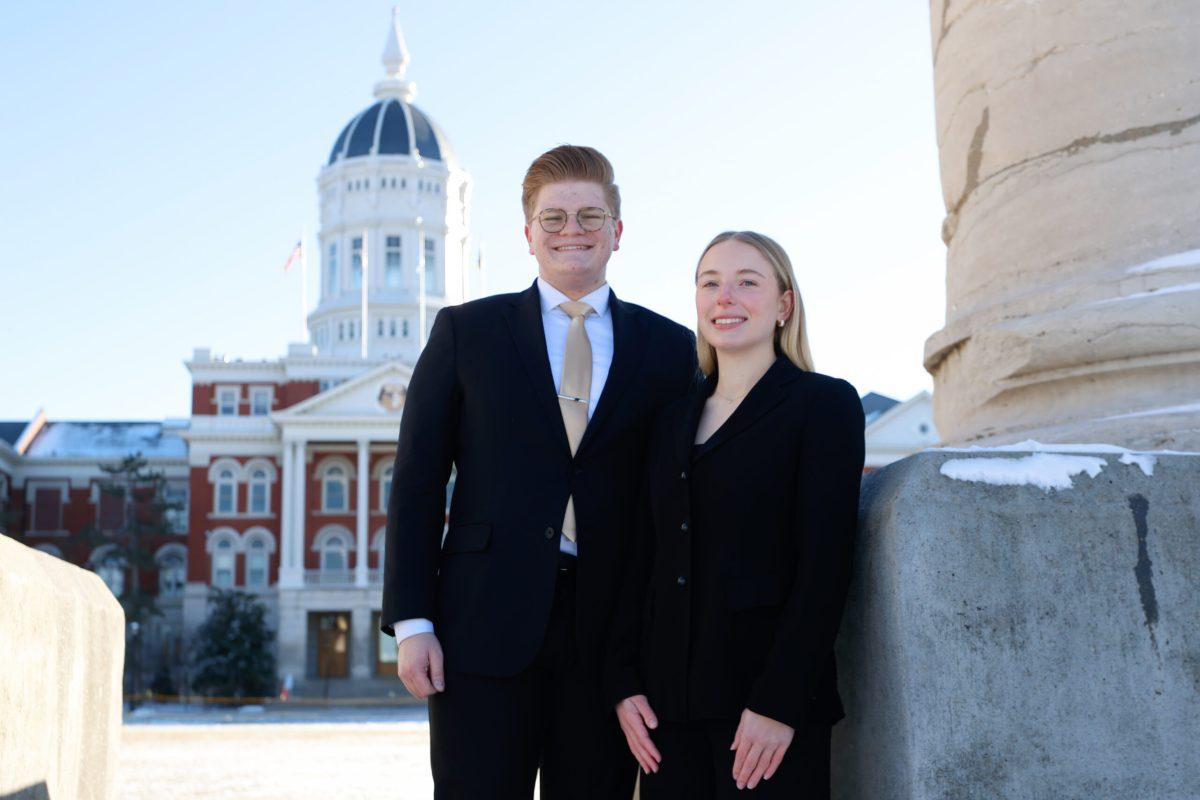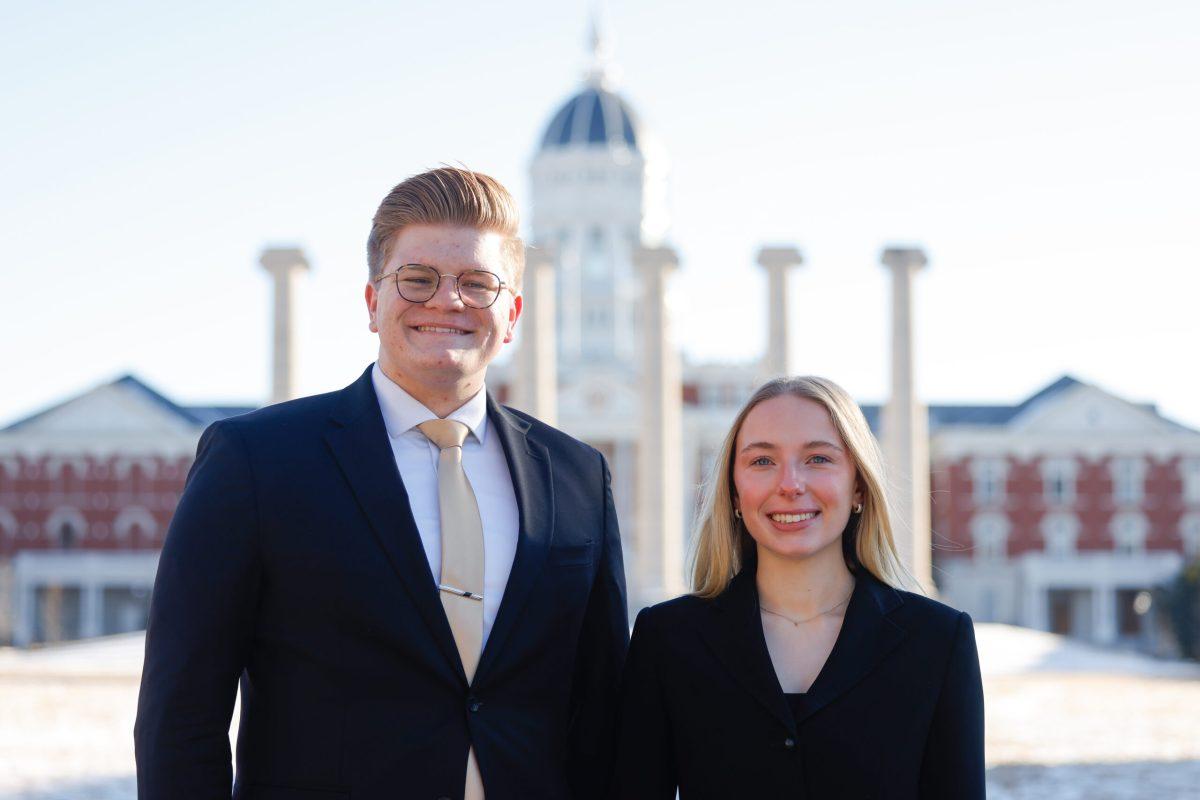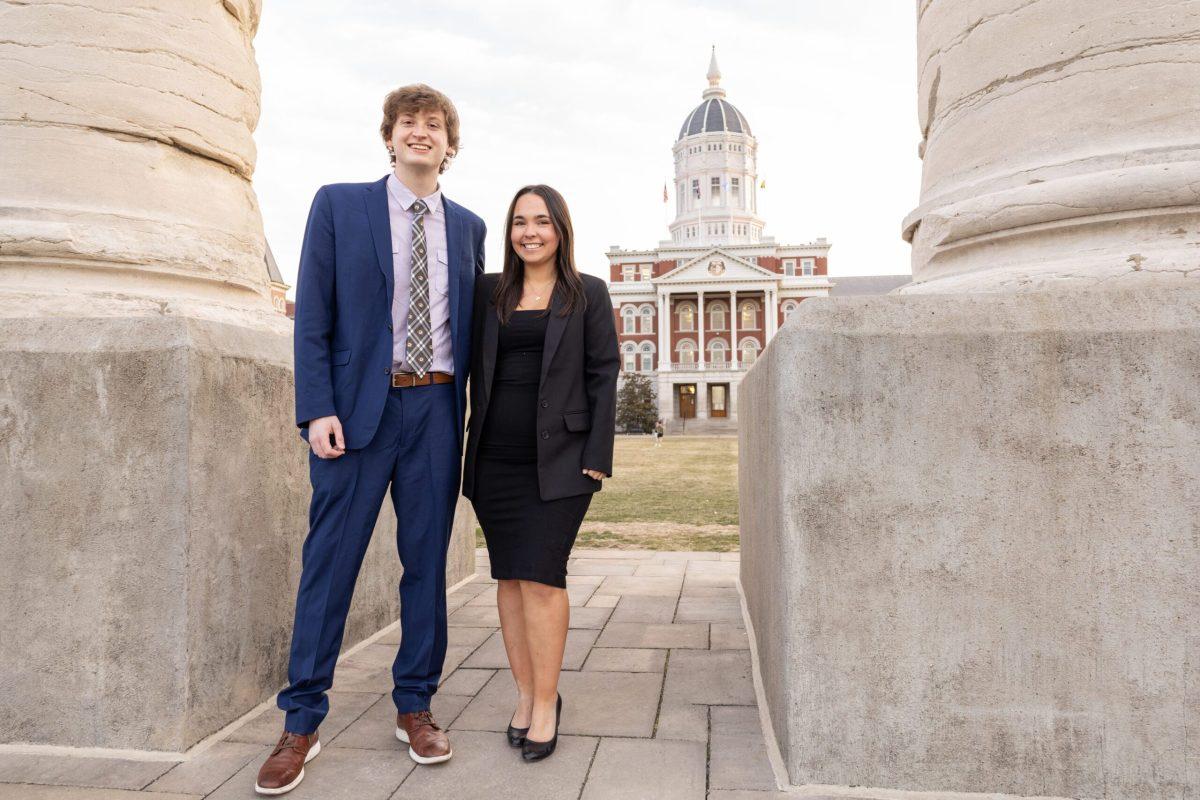Four influential journalists receiving the Missouri Honor Medal spent Oct. 2 giving master classes to MU students before receiving their awards at a banquet that evening.
The Missouri Honor Medal is an award given out by the Missouri School of Journalism each year to candidates who have achieved great things over their careers. This award is unique because, unlike most journalistic awards, it is a lifetime achievement award. MU has been giving it out annually since 1930.
The recipients of the award this year were the advertising company Burrell Communications, The New York Times executive editor Dean Baquet, investigative journalist Marina Walker Guevara and documentary filmmaker Stanley Nelson Jr.
McGhee Williams Osse, who is the co-CEO of Burrell Communications, gave the first master class of the day. Burrell Communications focuses on creating diverse advertisements. It is responsible for ad campaigns including McDonald’s “Black & Positively Golden” and “My Black is Beautiful”. The latter of the two even got dictionary.com to change its definition of the word black.
Baquet gave the second master class. He has had a very distinguished career. He won the Pulitzer Prize in 1988 while reporting for the Chicago Tribune. Later, he became the executive editor of the Los Angeles Times before going to work for The New York Times, first as a managing editor and now as the executive editor.
Baquet’s master class was the only one set up as a Q&A. One of the questions asked was about the controversy behind The New York Time’s decision to identify key pieces of information about the whistleblower responsible for leaking the conversation between President Donald Trump and the President of Ukraine Volodymyr Zelensky. Baquet was quick to firmly stand his ground on the decision he made. He also gave an explanation behind why he chose to publish the information.
Baquet said he released the information because of the serious nature of the accusation. He believed the public should know the whistleblower was credible. He also said had the whistleblower come to The New York Times directly, he would have released the same information.
Next up on the master class schedule was Walker Guevara. Walker Guevara is helping usher in a new form of investigative journalism where journalists work together. Prior to the foundation of the International Consortium of Investigative Journalists, investigative journalists worked alone. With the world becoming more complex, the ICIJ brought investigative journalists together around the world to ensure that no important story gets ignored. It was also the group responsible for the Panama Papers.
The Panama Papers were released in 2016 and exposed large amounts of tax fraud being committed by people in positions of power around the world. It helped recover more than $1.2 billion and forced many corrupt individuals to step down from powerful positions.
Nelson gave the final master class. Nelson has won three Emmy Awards and has had more films run at the Sundance Film Festival than any other documentary director: a total of 10. The Sundance Film Festival is the largest film festival in the world. He is also a MacArthur “Genius” Fellow and received the National Humanities Medal from former President Barack Obama in 2013. Nelson’s films typically focus on African American history and experiences. During his master class, Nelson had some important advice to give to college students.
“Learn how to use the equipment,” Nelson said.
He directly referred to learning all aspects of documentary filmmaking like editing, shooting and recording, but he meant more with those words. He advised all students to learn a broad range of information within their program. When college is over, he said, the available job opportunities may not be what is expected.
After the action-packed day, the banquet in the evening provided a nice setting for the honorees to receive their awards.
_Edited by Ben Scott | [email protected]_













